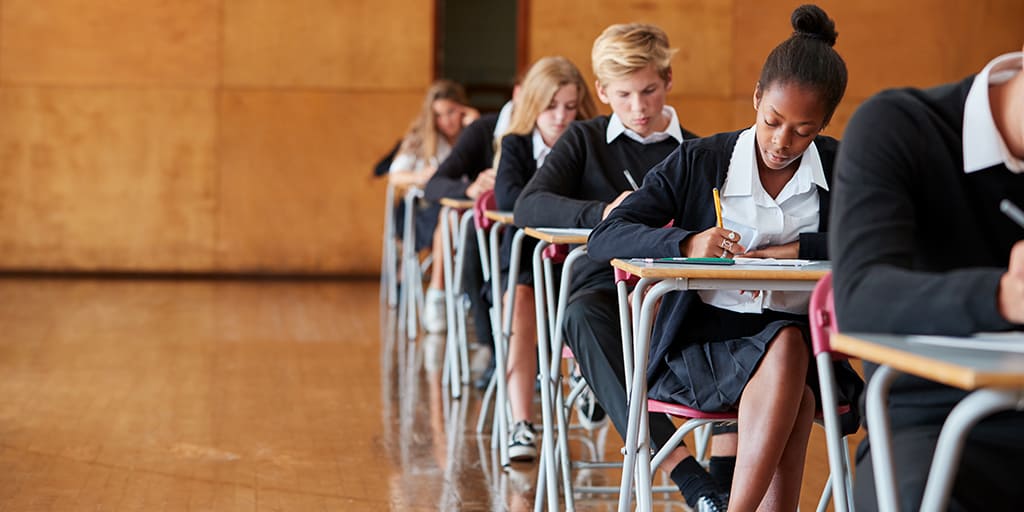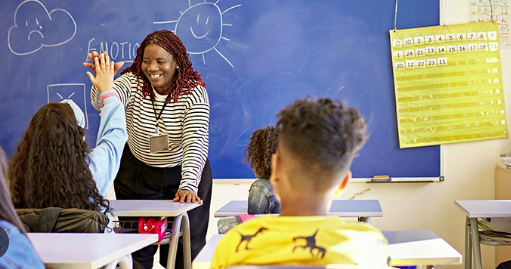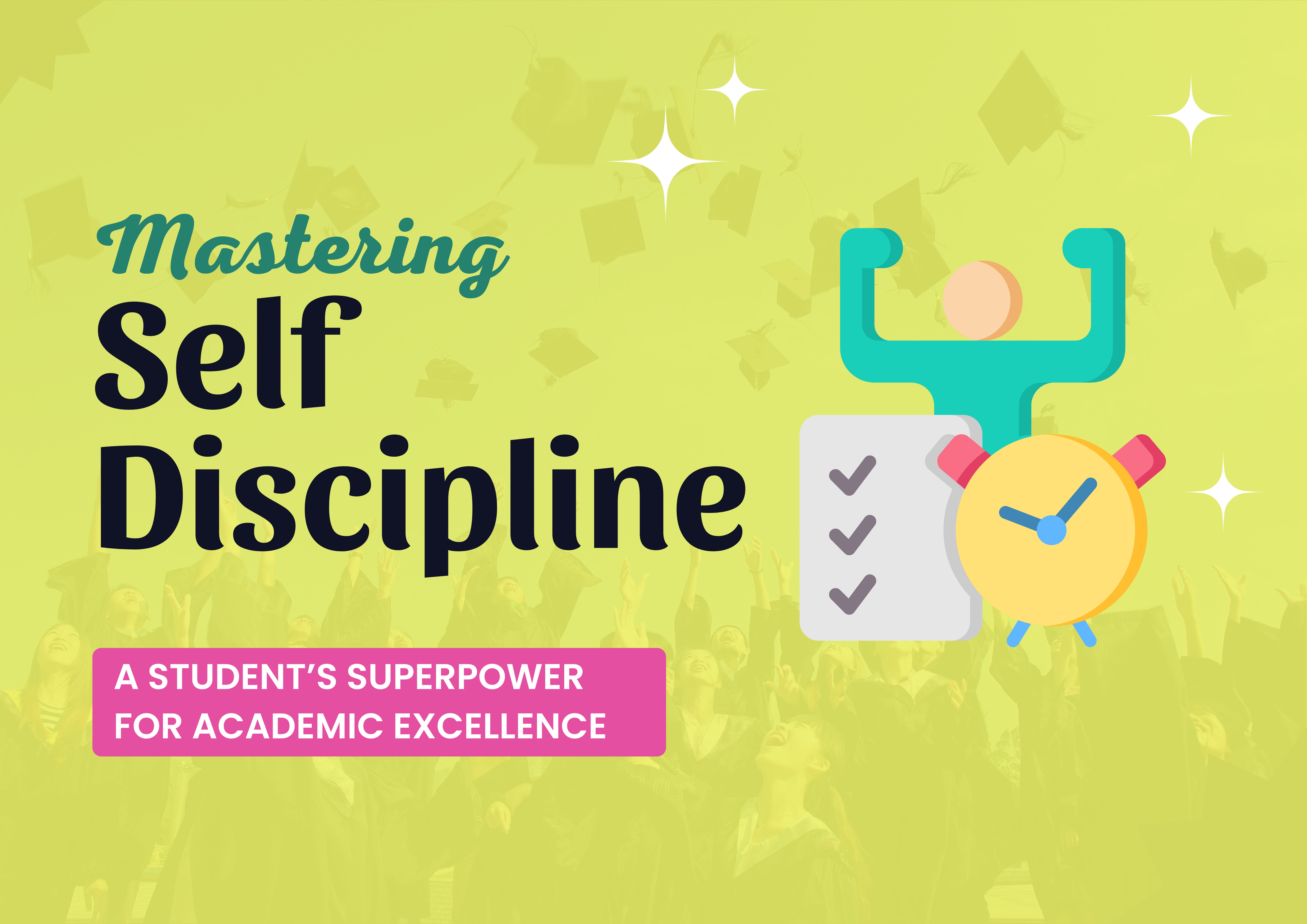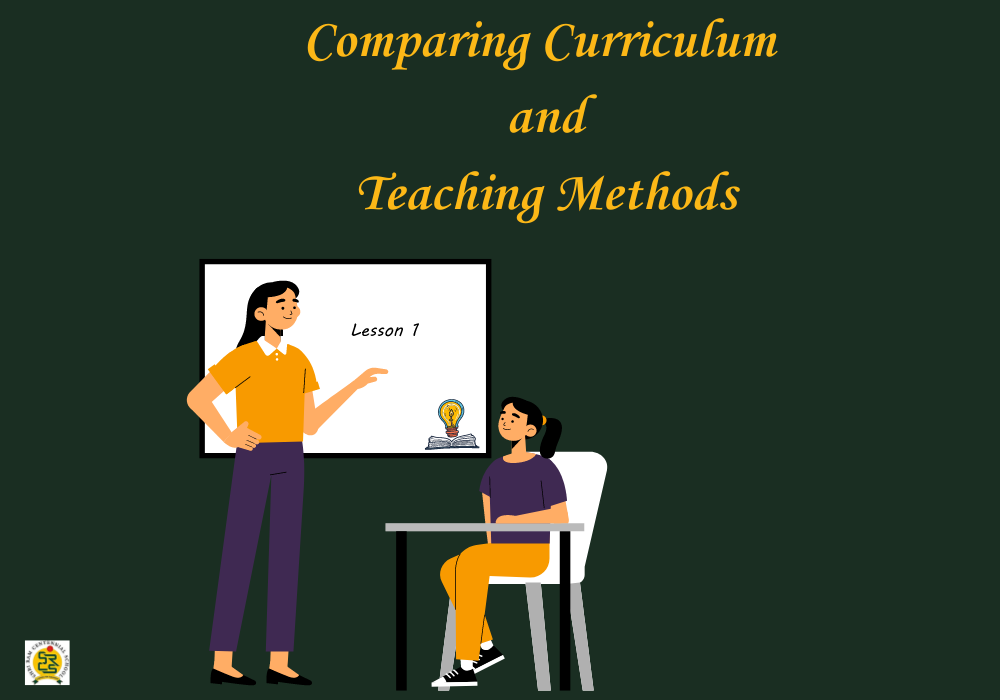Dehradun, the capital city of Uttarakhand, is renowned for its scenic beauty and educational institutions. Schools in Dehradun have a long-standing reputation for providing high-quality education, fostering academic excellence, and nurturing holistic development in students. In this article, we delve into the various curricula and teaching methods adopted by schools in Dehradun, examining how these elements contribute to the overall education system in the city. By comparing different educational frameworks and pedagogical approaches, we aim to understand the unique characteristics and advantages of Dehradun education.
Historical Context of Dehradun Education

Dehradun’s legacy as an educational hub dates back to the British colonial era when prestigious institutions such as the Doon School and Welham Girls’ School were established. These schools set high standards for academic rigor and holistic education, which continue to influence contemporary education in Dehradun. Over the decades, Dehradun has witnessed the emergence of numerous public and private schools, each with its distinct approach to education. The city’s commitment to education is reflected in its diverse array of schools, ranging from traditional institutions to modern international schools.
Curricula in Dehradun Schools

CBSE (Central Board of Secondary Education)
The CBSE curriculum is one of the most prevalent educational frameworks in Dehradun schools. Known for its comprehensive and structured syllabus, CBSE emphasizes a balanced approach to academics and extracurricular activities. The curriculum is designed to foster analytical thinking, problem-solving skills, and a strong foundation in core subjects like Mathematics, Science, and English. Many schools in Dehradun, such as Kendriya Vidyalayas and DAV Public Schools, follow the CBSE curriculum, ensuring students receive a well-rounded education.
ICSE (Indian Certificate of Secondary Education)
Another significant curriculum adopted by schools in Dehradun is the ICSE, which is known for its rigorous and detailed syllabus. The ICSE curriculum focuses on a broad spectrum of subjects, encouraging students to develop in-depth knowledge and understanding. Schools like St. Joseph’s Academy and Convent of Jesus and Mary are notable institutions offering the ICSE curriculum. The emphasis on English language proficiency, coupled with a wide array of subjects, prepares students for various competitive exams and higher education opportunities.
International Baccalaureate (IB)
For parents seeking a global perspective in education, the International Baccalaureate (IB) curriculum is an attractive option. Schools such as The Doon School and Ecole Globale International Girls’ School offer the IB program, which is renowned for its inquiry-based learning and emphasis on critical thinking. The IB curriculum encourages students to be independent learners and global citizens, with a strong focus on personal development and intercultural understanding. Dehradun’s adoption of the IB curriculum reflects its commitment to providing world-class education.
State Board Curriculum
In addition to national and international curricula, many schools in Dehradun also follow the Uttarakhand State Board curriculum. This curriculum is designed to meet the educational needs and cultural context of the state. It focuses on regional languages and local history, providing students with a strong sense of identity and community. Schools like Government Inter College and Raja Ram Mohan Roy Academy implement the State Board curriculum, ensuring accessibility and inclusivity in Dehradun education.
Teaching Methods in Dehradun Schools

Traditional Teaching Methods
Many schools in Dehradun adhere to traditional teaching methods, which include teacher-centered instruction, rote learning, and a structured classroom environment. These methods emphasize discipline, respect for authority, and systematic learning. While traditional methods are sometimes critiqued for lacking creativity, they provide a solid foundation in fundamental concepts and academic discipline. Schools with a long-standing history, such as St. Thomas’ College and St. George’s College, often integrate traditional teaching methods with modern educational practices.
Modern Pedagogical Approaches
In contrast, several Dehradun schools have embraced modern pedagogical approaches that focus on student-centered learning. These methods include collaborative learning, project-based learning, and the use of technology in the classroom. Schools like The Asian School and Woodstock School are pioneers in adopting innovative teaching techniques. Modern pedagogical approaches aim to enhance student engagement, foster creativity, and develop critical thinking skills. These methods prepare students to navigate the complexities of the 21st-century world.
Montessori and Alternative Education
Dehradun also boasts schools that offer alternative education models, such as Montessori and Waldorf education. These approaches prioritize experiential learning, creativity, and emotional development. Schools like Moravian Institute and Snehalaya offer alternative education programs that cater to diverse learning needs. Montessori education, for instance, emphasizes hands-on learning and independence, allowing children to explore their interests at their own pace. These alternative models contribute to the rich tapestry of Dehradun education.
Extracurricular Activities and Holistic Development

A hallmark of Dehradun education is its emphasis on holistic development. Schools in Dehradun offer a wide range of extracurricular activities, including sports, arts, music, and community service. Institutions like The Doon School and Welham Boys’ School are known for their extensive extracurricular programs that complement academic learning. These activities play a crucial role in developing students’ leadership skills, teamwork, and social responsibility. By providing opportunities for holistic development, Dehradun schools ensure that students are well-rounded individuals.
Challenges and Future Directions

Despite its strengths, Dehradun education faces several challenges. These include the need for more inclusive education, addressing the digital divide, and ensuring quality education for all socio-economic groups. Moreover, the increasing pressure of competitive exams often leads to stress and mental health issues among students. Addressing these challenges requires collaborative efforts from educators, policymakers, and the community.
Looking ahead, the future of Dehradun education lies in its ability to adapt to changing educational paradigms. Integrating technology, promoting inclusive education, and focusing on mental health and well-being are essential for creating a nurturing and effective educational environment. By leveraging its rich educational heritage and embracing innovation, Dehradun can continue to be a leader in education.
Conclusion
Dehradun education, with its diverse curricula and teaching methods, offers a comprehensive and enriching learning experience. From traditional approaches to modern pedagogies and alternative education models, schools in Dehradun cater to a wide range of educational needs and preferences. The city’s commitment to holistic development and academic excellence ensures that students are well-prepared for the future. By continually evolving and addressing contemporary challenges, Dehradun schools can maintain their esteemed position in the realm of education.






